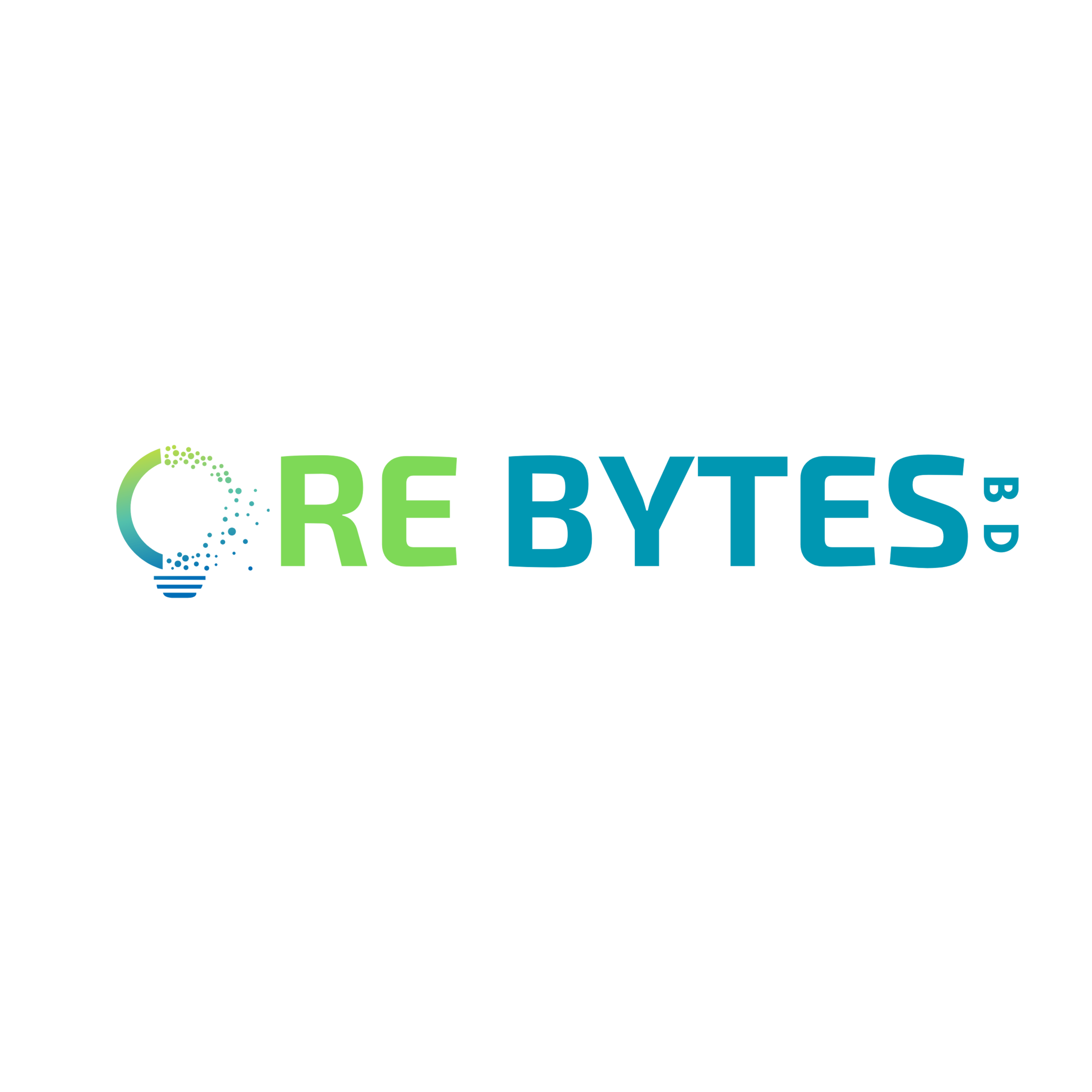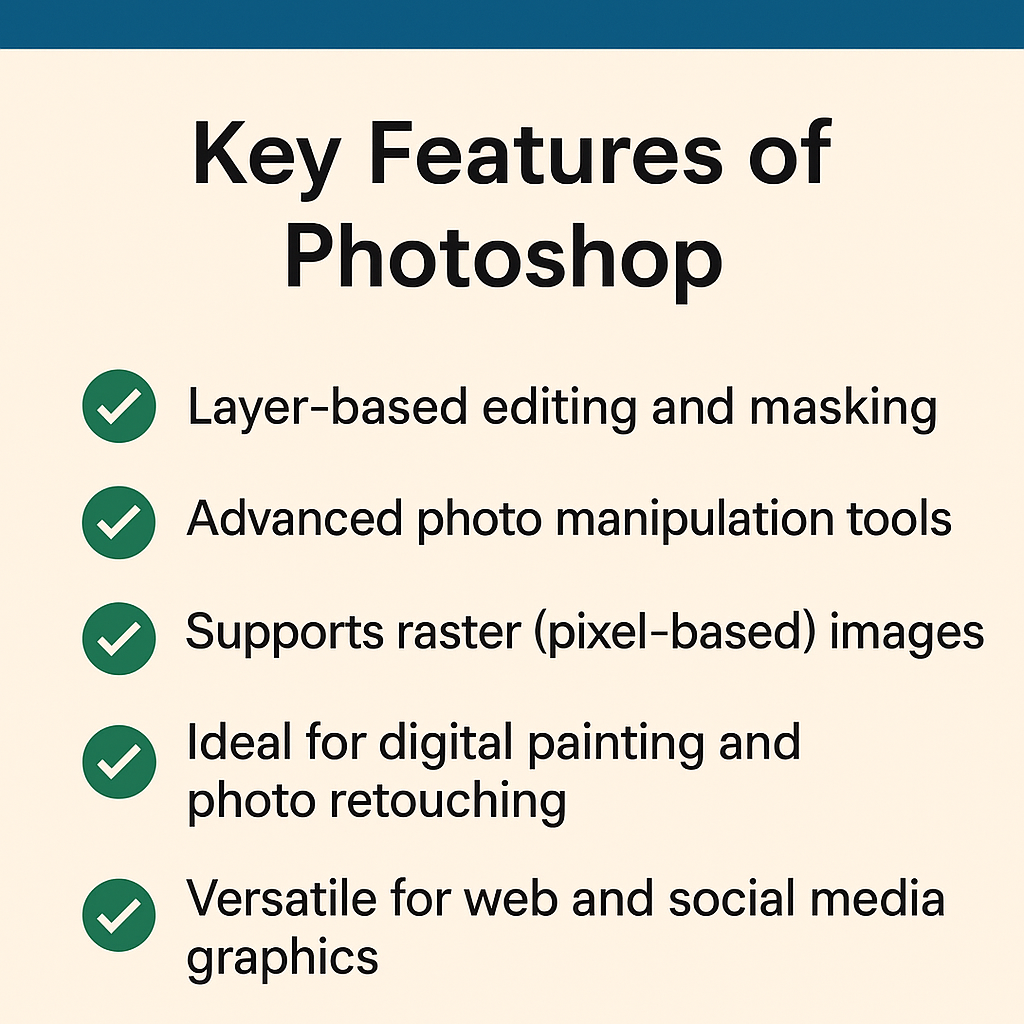In an age of smartphones, smart devices, and constant connectivity, digital technology has transformed the way we live, work, and communicate. But beyond convenience, experts warn of an often-overlooked consequence—the digital echo. This term describes the persistent awareness that every action on a smart device generates data, tracked and monetized by unseen entities.
The Rise of the Digital Echo
From smartphones that collect usage patterns to smartcars that log every movement, our digital interactions are never truly private. The more connected our lives become, the more we exist under an invisible lens, where even routine activities contribute to vast data ecosystems. This constant surveillance creates a new psychological burden, making even solitary moments feel observed.
The Impact on Privacy and Mental Well-being
Studies suggest that being aware of continuous digital monitoring can increase stress and self-consciousness. Whether it’s through personalized ads, algorithm-driven recommendations, or location tracking, people are becoming more aware of how their data is being used—and many are uneasy about it.
Beyond privacy concerns, the constant influx of notifications and multitasking demands can erode focus and productivity. Smartphones were designed to be everything devices, but their all-consuming nature has led some users to seek ways to disconnect. Many now attempt to limit their smartphone functionalities to replicate simpler devices, yet few can completely abandon the technology due to its indispensable benefits.
Shifting Towards Intentional Tech Use
In response to this growing awareness, a movement toward intentional technology use is gaining momentum. Users are opting for offline media, print books, and dedicated devices that serve a single purpose without excessive connectivity. Others are rejecting smart home devices altogether, prioritizing privacy over convenience.
What the Future Holds
As concerns over digital surveillance and attention fragmentation grow, the next phase of technological development may prioritize greater user control and mindful connectivity. Experts suggest that future innovations could focus on enhancing focus, reducing distractions, and offering privacy-first alternatives.
While technology will continue to evolve, users now have more power than ever to shape their digital experiences. The question remains: Will the next wave of innovation prioritize human well-being over limitless connectivity?
Want a full audit of your Website? Contact us now! Only 5 spots available till April 7




